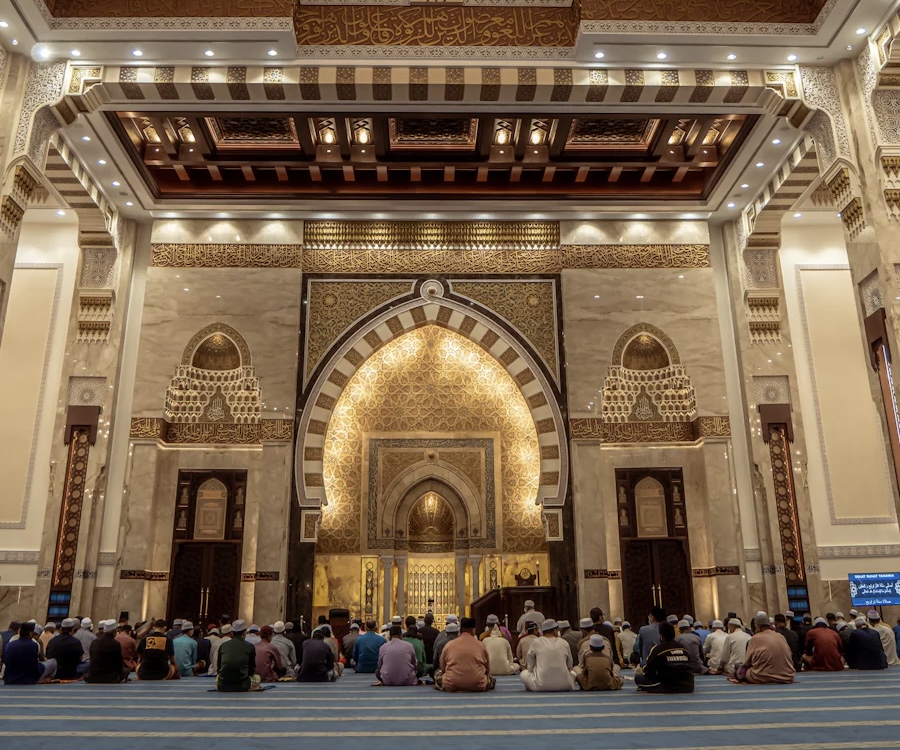Harmonising Sharia and Malaysia’s constitution by the end of the year
The government set the deadline for 31 December. For some, the date leaves the federal parliament too little time to legislate in such a sensitive matter. Two visions confront each other as to the place of state secularisation and Islamisation.
Kuala Lumpur (AsiaNews) – The Malaysian government has set 31 December as the deadline for individual states to harmonise Sharia (Syariah, Islamic law) with the constitution to iron out the differences between Qurʾānic rules and the country’s constitutional framework.
For many observers, the deadline is too short, but it has reignited a debate over the place of secular and Islamic law in a country deeply divided along ethnic and social lines.
On Sunday, Islamic Affairs Minister Mohd Na'im Mokhtar pledged to address the matter before the end of the year to ensure a more orderly relationship between the two forms of law.
He plans to do so in cooperation with Sultan Sharafuddin Idris Shah of Selangor, who chairs the National Council of Islamic Religious Affairs.
A special committee headed by a former chief justice is also taking part in the process, which began last year, with the aim of assessing how to extend legislative powers in this sensitive area.
This is the more pressing since Malaysia’s Supreme Court on Saturday invalidated 16 laws adopted by the northwestern state of Kelantan, covering various offences punishable under Sharia, such as sodomy, sexual abuse, possession of false information, drug and alcohol addiction, as well as how courts should apply the laws.
According to the court, the state cannot make Islamic laws in areas that come under Malaysian federal law even though state legislatures can adapt it to reflect local religious views.
While the minister's statement started a debate over the timing to achieve the goal, others note that such a topic raises questions about the very identity of the country.
Changes to these laws require amendments to the constitution and established federal and state laws; yet, the crucial question, often skirted to avoid political and social tensions, is whether Sharia laws should be more in line with the constitution, or the constitution more in line with religious precepts.
Since independence, Malaysia has been caught between state secularism and growing Islamisation with a population that is 60 per cent ethnic Malay and Muslim.
Whatever solution is found, it will dissatisfy some in society, especially if Article 121(1A) of the constitution is challenged; the latter states that Islamic matters must be adjudicated by state Sharia courts.
Under the current system, Islamic criminal and family laws adopted by state assemblies apply to Muslims, whereas non-Muslims come under civil courts and criminal laws adopted by the federal parliament.
13/07/2017 14:37







.png)










